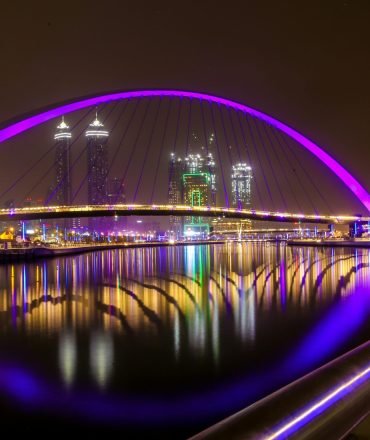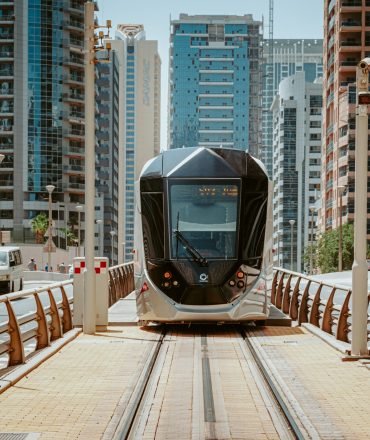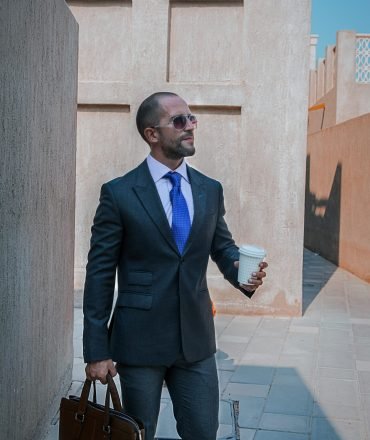Dubai, authenticity, civilization and modernity
The Rich History of Dubai: From Desert Settlement to Global Metropolis
Dubai, a city known today for its ultramodern skyline, luxury lifestyle, and innovation, has a fascinating history that traces back centuries. From its humble beginnings as a small fishing and trading village to its emergence as a global business and tourism hub, Dubai’s story is one of vision, resilience, and transformation.
Early Beginnings: A Desert Settlement
Dubai’s history dates back to the early 18th century when it was established as a fishing and pearling village. The Bani Yas tribe, led by the Al Maktoum family, settled in the area in 1833, marking the beginning of Dubai’s leadership under the Al Maktoum dynasty. Due to its strategic location along the Arabian Gulf, Dubai quickly became a key trading port for merchants from India, Persia, and Africa.
The Rise of Trade and Commerce
By the late 19th and early 20th centuries, Dubai flourished as a center for the pearling industry. The economy thrived as natural pearls were highly valued worldwide. However, the introduction of cultured pearls in Japan in the 1920s led to a decline in the industry, prompting Dubai to diversify its economy.
Transformation in the 20th Century
In the mid-20th century, Dubai faced economic challenges, but its leadership sought new opportunities. The discovery of oil in 1966 marked a turning point. Under the visionary leadership of Sheikh Rashid bin Saeed Al Maktoum, Dubai used its newfound oil wealth to invest in infrastructure, modernize its economy, and establish itself as a commercial hub.
Port Rashid (1972) and Jebel Ali Port (1979) were developed, making Dubai a leading logistics and shipping center.
The Dubai International Airport, opened in 1960, expanded rapidly to become a major global transit hub.
The UAE was formed in 1971, uniting Dubai with other emirates and strengthening its political and economic stability.
Economic Diversification and Global Expansion
Recognizing that oil reserves were limited, Dubai’s leadership focused on diversifying its economy. Investments in trade, tourism, real estate, and financial services reshaped the city. The 1990s and 2000s saw the rise of ambitious projects such as:
Burj Al Arab (1999): The world’s most luxurious hotel, symbolizing Dubai’s commitment to luxury and hospitality.
Palm Jumeirah (2001): A groundbreaking man-made island that redefined waterfront living.
Burj Khalifa (2010): The world’s tallest building, showcasing Dubai’s ambition and engineering excellence.
Dubai Today: A Global Powerhouse
Today, Dubai stands as one of the most influential cities in the world. With a thriving economy driven by tourism, technology, finance, and innovation, the city continues to evolve. Expo 2020, hosted in Dubai, further cemented its status as a global business and cultural hub.
Conclusion
Dubai’s journey from a small trading post to a futuristic metropolis is a testament to its visionary leadership, strategic planning, and relentless pursuit of excellence. As the city continues to grow and innovate, it remains a symbol of progress, ambition, and limitless possibilities.
Read more
Artificial Intelligence Revolution
The world is evolving with the development of artificial intelligence.
Your Guide to Starting a Business in Dubai
The Ultimate Guide to Starting and Growing a Business in Dubai (2024 Edition)
Dubai is an Attractive Environment for Business
Navigating Dubai’s Startup Ecosystem: Essential Tips for New Entrepreneurs (2024 Edition)
Dubai as a Global Innovation Hub
Dubai as a Global Innovation Hub: How the Government Supports Entrepreneurship (2024 Edition)
Startup Funding in Dubai
Startup Funding in Dubai: Investment and Financial Support Opportunities (2024 Edition)
Emerging sectors in Dubai
Top Emerging Sectors in Dubai: Promising Investment Opportunities (2024 Edition)




















